15. The Phantom Menace ($1 Billion)


How could a movie that took sixteen years to come to the screen not be better than this shit? The Phantom Menace was the first Star Wars film to be released since Return of the Jedi in 1983. That long, sixteen-year time span was always its blessing and its curse. The anticipation was so high that the movie was guaranteed to be a box-office smash -- which it was. On the other hand, writer/director/creator George Lucas set himself up for artistic failure with all of the talk about the highly-esteemed and astonishingly popular original trilogy being merely the middle of a larger story spanning nine films in all. The notion that he had more than 22 years to perfect his ideas (the first movie, Star Wars, debuted in 1977) raised expectations to impossibly high levels. Maybe Dr. Dre took note of Lucas' downfall when he scrapped Detox.
14. An Unexpected Journey ($1 Billion)
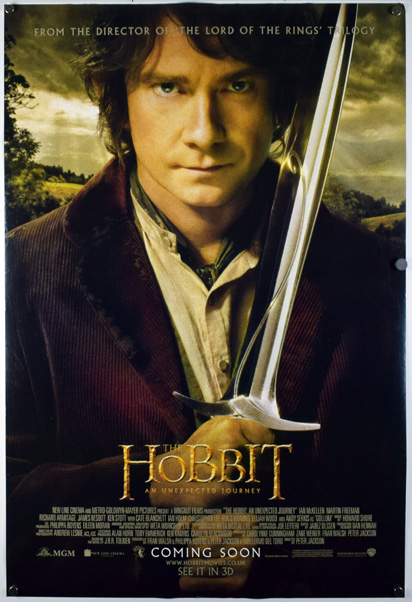



The best parts of this first entry in the Hobbit trilogy are the very beginning, when the fearsome dragon Smaug destroys the town of Dale and invades the dwarf stronghold of Erebor, and the very end, when he opens an eye. There's a reason why the sequels, although much improved over their predecessors, failed to crack the billion-dollar mark -- An Unexpected Journey scared people off.
13. Aquaman ($1.1 Billion)
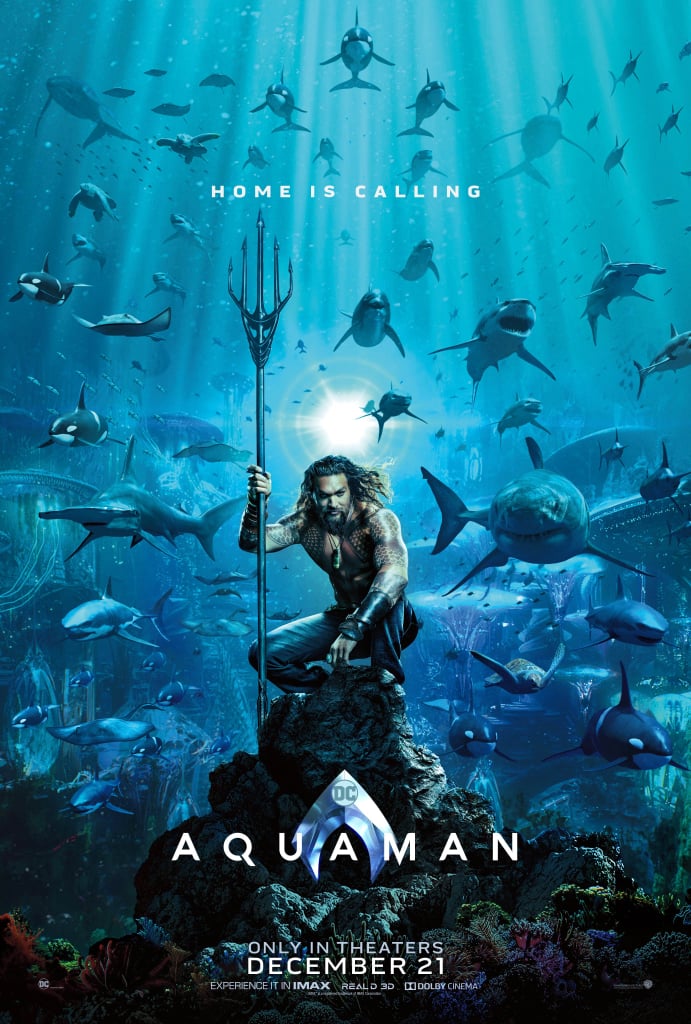

12. The Age of Extinction ($1.1 Billion)


11. Avatar ($2.7 Billion)


Avatar took a well-worn Hollywood trope -- the white savior narrative -- gave it a sci-fi setting, resurrected 3-D visual effects and rode a blue alien all the way to the bank, giving director James Cameron his second billion-dollar movie.


The Age of Extinction marks the entrance of Mark Wahlberg to the Transformers Saga (and the exit of Shia LaBeouf, who was catapulted to the Hollywood A-list by the series). And I hope it paid well because it was otherwise a complete waste of his time. He did his job but the movie still sucks. Amazingly enough, Extinction is the highest-grossing movie of 2014 and the only one to pull in $1 billion.


10. Spider-Man: Far From Home


Peter and the rest of the world adjust to the Big Resurrection following Thanos' snap. The world also mourns the loss of Steve Rogers, the Vision, Natasha Romanoff...and, of course, Tony Stark. And marketing Spidey's second solo MCU adventure as an important coda to Endgame led to his first billion-dollar movie.
9. Fallen Kingdom ($1.3 Billion)



When most of the entries in your extremely popular film series are at least partly named Jurassic Park you probably shouldn't destroy the park. The dinosaur habitat, Isla Nubar, is incinerated by a volcanic eruption in the beginning of Fallen Kingdom and nearly everything that follows blows.
When Jurassic Park hit theaters back in 1993, it went on to become the highest-grossing film of all time up to that point, eventually grossing $1 billion at the box office -- without adjusting for inflation. It's not that surprising. It gave us what we believe are realistic-looking dinosaurs and was universally loved. Then the sequel was released. Not satisfied with merely being a sh-- movie, The Lost World also set a pattern of the middle chapters of Jurassic trilogies being the worst of their respective sets. And while Fallen Kingdom did manage to gross 10 figures at the box office, it followed The Lost World right into the dumpster.
Jurassic World: Fallen Kingdom is a pretty accurate title, given that the movie is an enormous step down from its predecessor. Jurassic Park kept with the tradition of killing a Black character first and Kingdom features the cringe-worthy Hollywood cliche of the Black guy being a coward.
Say what you want about Jurassic World, it represented a mammoth comeback for the series and resurrected it much like Hammond's team of scientists reintroduced dinosaurs to the world. JWFK pissed all over that. And taking the blah blah-dons and yada yada-sauruses outta the park has never worked out very well in these stories. Which is a lesson that shoulda been learned from The Lost World. Talk about taking two steps forward and one giant step back.
8. Spider-Man: No Way Home ($1.8 Billion)
No Way Home follows Into the Spider-Verse's playbook as worlds collide with multiversal shenanigans, including Spidey's cheesiest big-screen villains coming back to haunt him. But the severely-reduced competition due to the COVID-19 pandemic allowed Web-head to snag his second 10-figure movie.
7. Minions ($1.1 Billion)




As this movie illustrates, Gru's minions don't have what it takes to carry a film and are better off as parts of a whole. Spinoffs are tricky. Sometimes the magic is dependent on all of the original pieces.
6. Despicable Me 3 ($1 Billion)
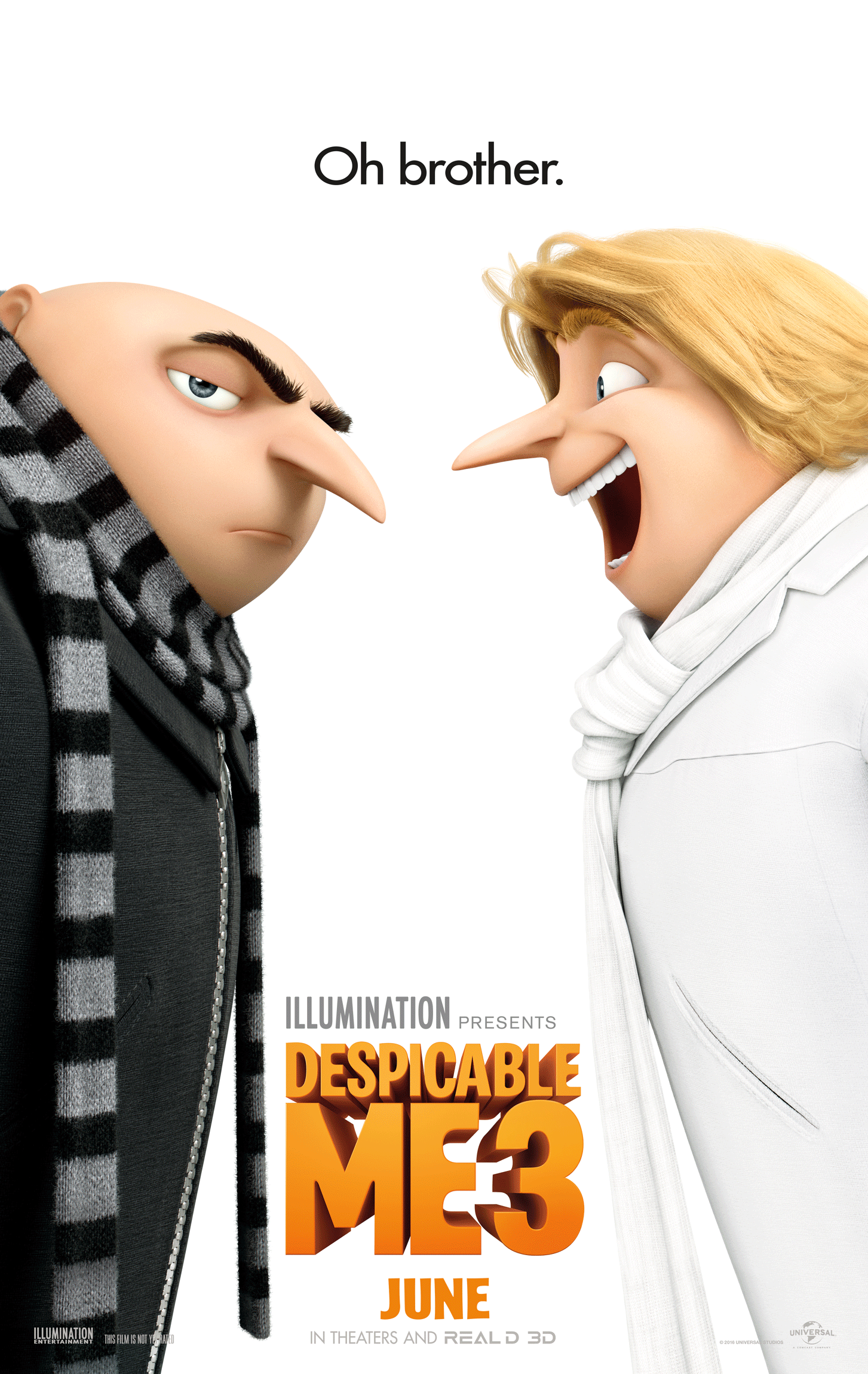


Each of reformed villain Gru's adventures have grossed more money than the last but the third time is completely devoid of charm. His worst crime was starring in this bumfight of a movie.
5. Finding Dory ($1 Billion)
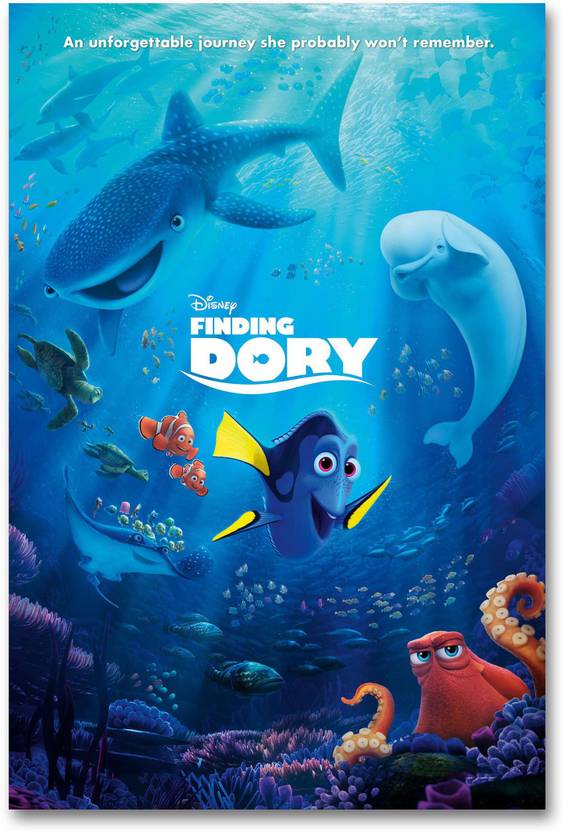

Sometimes you justcan't recapture the magic. And the 13-year wait between Finding Nemo and this wackluster sequel turned out to be too little, too late as far as quality's concerned.
4. Iron Man 3 ($1.2 Billion)



3. Beauty & the Beast ($1.2 Billion)




Though Captain Marvel cost a reported $175 million to produce, that money isn't evident on the screen -- except for de-aging Nick Fury by 24 years. With the rubbery-looking make-up and gaudy costumes, this prequel looks more like a television movie on the Syfy channel than an installment of the MCU. The alien Skrulls in particular seem ripped from a bad episode of Star Trek: The Next Generation. The fact that what appears to be a house cat turns out to apparently be the monster from the lamest scene in The Force Awakens doesn't help either.
The movie's biggest problem, however, is that it's an origin story in which the title character's origin is presented as a mystery. And when it's finally revealed, it's jaw-droppingly anti-climactic. But that's actually par for the course here. The one thing Captain Marvel possesses in abundance is blandness. This 21st installment of the MCU excels at underachieving.
Given that the movie's title character already has superpowers when she first appears, the film is a better origin story for Nick Fury than for Carol Danvers -- until the hugely disappointing and retconned explanation for the loss of his eye is revealed. At that point, you wanna just forget his involvement with the entire movie -- if you hadn't already checked out by then.
1. The Last Jedi ($1.3 Billion)
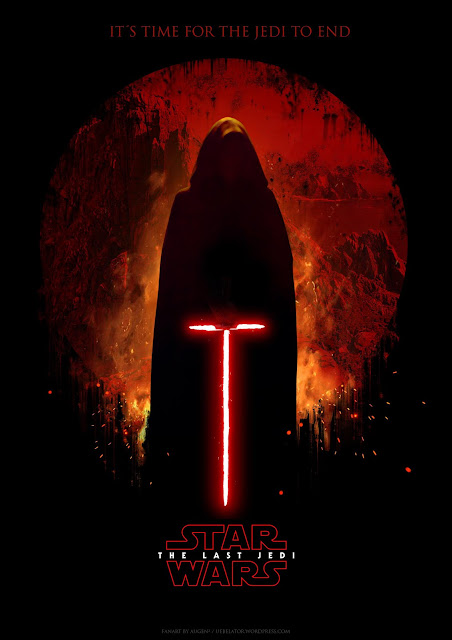

The Last Jedi should be rated HG for Hot Garbage. It's not just that it sucks ass -- it's that it's an enormous step back in quality after it seemed as though the franchise had learned some hard lessons in what not to do and had finally gotten it right. It's the Justice League, Spectre and Star Trek Beyond of the Star Wars saga.
2016's Rogue One is the grittiest and most mature entry of the series but for some reason writer/director Rian Johnson thought it would be a good idea to "fix" what worked so well and to go in the opposite direction. The Last Jedi's chronological predecessor, The Force Awakens, notoriously remixes 1977's Star Wars. TLJ, meanwhile, cast a much wider net and recycles not only Star Wars but also imitates The Empire Strikes Back, Return of the Jedi, 2009's Star Trek and, believe it or not, Mary Poppins. The result is a nonsensical, campy mish-mash that more closely resembles Spaceballs than Star Wars.
Johnson undoes so much of Awakens' director/co-writer J.J. Abrams' storytelling that it makes me wonder if there's some sort of un-publicized animosity between the two filmmakers. It's eerily reminiscent of Donald Trump's ongoing campaign to eliminate all of the policies instituted by his predecessor, President Obama.
The best thing that writer/director J.J. Abrams can do for Episode XI is to cast a young Mark Hamill look-a-like and frame all of the events since Return of the Jedi as a Force-nightmare endured by Luke Skywalker. If you haven't seen The Last Jedi, do yourself a favor and skip it. I'm just gonna pretend that it never happened. To paraphrase a line in the movie: "It's time for Rian Johnson's influence on Star Wars to end."
Last Jedi supporters have cleverly spun the fact that a handful of internet trolls peppered their criticism of the movie with sexism and/or ridiculously hyperbolic complaints of a ruined childhood into a narrative wherein any and every rejection of the film is merit-less. The idea -- nothing new for political candidates -- is that any condemnation is prompted by hatred and/or a refusal to let go of the past. But where there's smoke --- and mirrors -- there's rarely fire.
Originally Posted 11/17/19
Updated 12/29/22
Updated 8/7/23


No comments:
Post a Comment